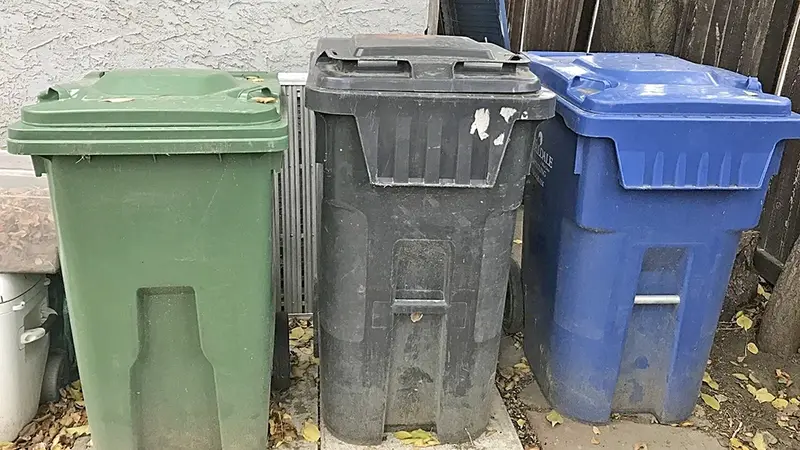
One Truck, One Route
Delavan Considers City-Wide Garbage Pickup
At last week’s city council meeting, Alderman Douglas Bury reignited a conversation that’s been simmering for years: should Delavan transition from individually contracted garbage pickup to a unified, city-wide system? His suggestion to revisit this idea comes at a pivotal moment, as the landscape of local waste management shifts dramatically.
Earlier this month, X-Waste Disposal of Pekin—the last locally owned garbage service operating in Delavan—was officially acquired by GFL Environmental. With this acquisition, all residential waste services in town are now controlled by large, publicly traded corporations. For many homeowners, this means fewer choices and rising costs, as competition dwindles and personalized service gives way to corporate standardization.
Fewer Trucks, Stronger Streets
One of the most compelling benefits of a city-wide system is the reduction in heavy truck traffic. Currently, multiple haulers crisscross Delavan’s neighborhoods each week, often duplicating routes and increasing wear and tear on residential roads. These trucks—some weighing over 30,000 pounds—don’t just leave potholes behind. They also strain the aging water and sewer infrastructure beneath our streets, accelerating the need for costly repairs.
A centralized pickup system would streamline routes, reduce the number of trucks, and help preserve both pavement and underground utilities. Over time, this could mean fewer road closures, lower maintenance costs, and a longer lifespan for critical infrastructure.
Cost Efficiency and Predictability
Bulk municipal contracts often yield better rates than individual agreements. By negotiating as a city, Delavan could secure consistent pricing and service for all residents—especially important now that local competition has evaporated. A city-wide system could also simplify billing and customer service.
Under the proposed model, residents would no longer receive separate invoices from private haulers. Instead, garbage pickup fees would be bundled into their existing water and sewer bills, creating a single, predictable monthly statement. This integration could reduce administrative overhead and make budgeting easier for households.
Still, the transition wouldn’t be free. The city would need to invest in planning and oversight. And if the service is outsourced, contracts must be carefully crafted to avoid future rate hikes or service gaps.
Cleaner, Greener, Healthier
Uniform pickup schedules make it easier to implement recycling and composting programs. With consistent education and enforcement, Delavan could reduce landfill waste and improve sanitation. Fewer missed pickups and cleaner streets also mean fewer pests and less risk of disease—especially during warmer months when waste can quickly become a public health concern.
Trade-Offs and Transparency
Some residents may resist the change, preferring the freedom to choose their own provider or maintain relationships with familiar crews. Others may worry about losing the responsiveness that came with locally owned services. Transparency will be key: residents deserve a voice in how the system is designed, who provides the service, and how success is measured.
A Community-Wide Conversation
Alderman Bury’s suggestion invites Delavan to rethink how we care for our shared spaces. A city-wide garbage pickup system could mean cleaner streets, stronger infrastructure, and more affordable service. But it also requires thoughtful planning, community input, and a commitment to long-term sustainability.
As our town adjusts to the post-X-Waste era, this is more than a logistical decision—it’s a chance to shape the future of Delavan’s neighborhoods, one truck at a time.